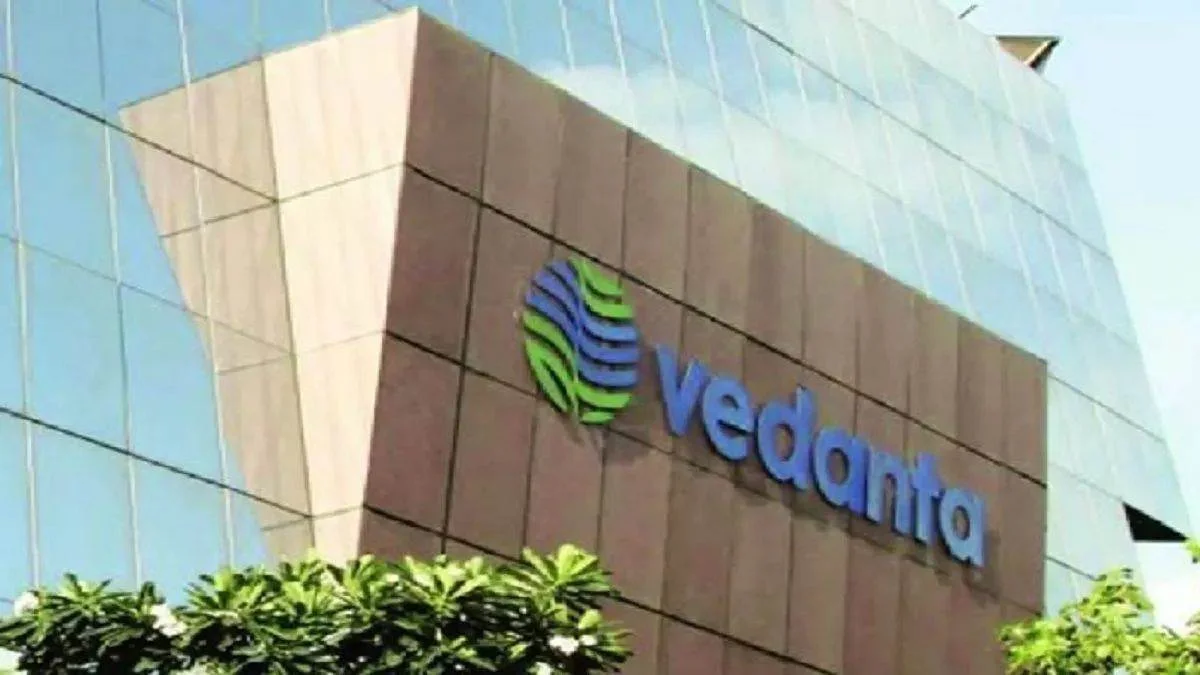Vedanta Ltd, under Anil Agarwal’s stewardship, has officially deferred its ambitious corporate demerger timeline. The new deadline is March 31, 2026. The reason: stalled regulatory and judicial approvals that were supposed to clear by September 30, 2025.
This delay isn’t cosmetic. The reorganization scheme, meant to carve Vedanta into distinct entities across metals, energy, and infrastructure, rests on multiple legal and governmental sign offs. In the pages that follow, we’ll trace why the deadline moved, what continues to stall the plan, how markets are reacting, and what this means for Vedanta’s debt strategy and credibility. We’ll also tie in related narratives from policy and regulatory landscapes, drawing parallels to high stakes approval delays elsewhere, such as visa fee disputes and embassy service disruptions. See Nuvexic’s coverage of the H-1B visa fee lawsuit and the U.S. embassy shutdown’s impact on visas.
Why the Shift? Roadblocks in Law and State
Vedanta’s board cited pending clearances from both the National Company Law Tribunal (NCLT) and central government bodies as the reason for extending the timeline. The original deadline had already been pushed back once, from March 2025 to September 2025, before this fresh delay.
At the heart of the issue lies the NCLT’s ongoing hearing and government concerns over disclosure gaps. Officials have raised red flags around oil block contracts and financial liabilities that were not clearly explained in Vedanta’s filings. Until these objections are addressed, approvals remain in limbo.
What the Delay Signals: Business and Debt Repercussions
Vedanta continues to operate across mining, oil and gas, aluminium, steel, power, and proprietary investments. While operations remain steady, the delay in restructuring affects its broader strategic plan:
- Debt rationalization stalls: Without the split, Vedanta cannot separate liabilities across verticals, keeping its overall leverage concentrated.
- Market trust frays: News of government objections led to visible investor anxiety, reflected in share price movements.
- Operational fragmentation risk: The split was expected to sharpen accountability and performance metrics. A delay blurs that strategy.
- Interim financial strain: Vedanta has resorted to fresh fundraising to shore up working capital while waiting for approvals.
For shareholders, the extension underlines the fragility of the plan, demanding patience but also raising questions about transparency.
Expert Perspectives and Legal Complexity
Legal analysts emphasize that a scheme of arrangement under India’s Companies Act must win approval from the NCLT. Any shortfall in disclosures could force revisions, or even risk rejection. This makes Vedanta’s task not just about corporate strategy but about satisfying rigorous judicial and regulatory checks.
Market observers describe this delay as a credibility test. If Vedanta clears the hurdles, it could unlock sharp valuation benefits. If not, prolonged uncertainty will weigh on debt markets and investor sentiment.
What Stakeholders Should Watch in Q4 2025
- The outcome of the next NCLT hearing.
- Whether the Ministry of Petroleum presses for deeper revisions.
- Any reworking of the scheme, such as dropping contentious elements.
- Performance of Vedanta’s bonds and investor responses.
Conclusion: Delay Is Not Defeat Yet
Pushing the demerger deadline to March 2026 doesn’t mean Vedanta’s strategy is defunct. But it does signal how fragile large restructurings become when legal, regulatory, and political factors collide.
If Vedanta secures approvals and overcomes objections, it could still emerge leaner and stronger in 2026. If delays persist, investors will face extended uncertainty that may erode confidence.
For now, patience is a necessity, but transparency will determine whether that patience holds.
Stay informed. Subscribe for updates as this restructuring story evolves.
Frequently Asked Questions
Q: Why was Vedanta’s demerger deadline moved to March 2026? A: Because key approvals from the NCLT and government remain pending, forcing the board to extend the timeline.
Q: What objections has the government raised to the Vedanta demerger? A: Concerns center on insufficient disclosures about oil block contracts and hidden liabilities in the restructuring scheme.
Q: How does this delay affect Vedanta’s debt strategy? A: It postpones plans to deconsolidate debt, keeping financial obligations unified under the parent entity.
Q: When is the next legal milestone in this process? A: The upcoming NCLT hearing is pivotal, as its ruling could reset or reshape the scheme.
Q: Could Vedanta simplify its plan to expedite approval? A: Analysts believe dropping or revising contentious verticals may be necessary to win clearance.

